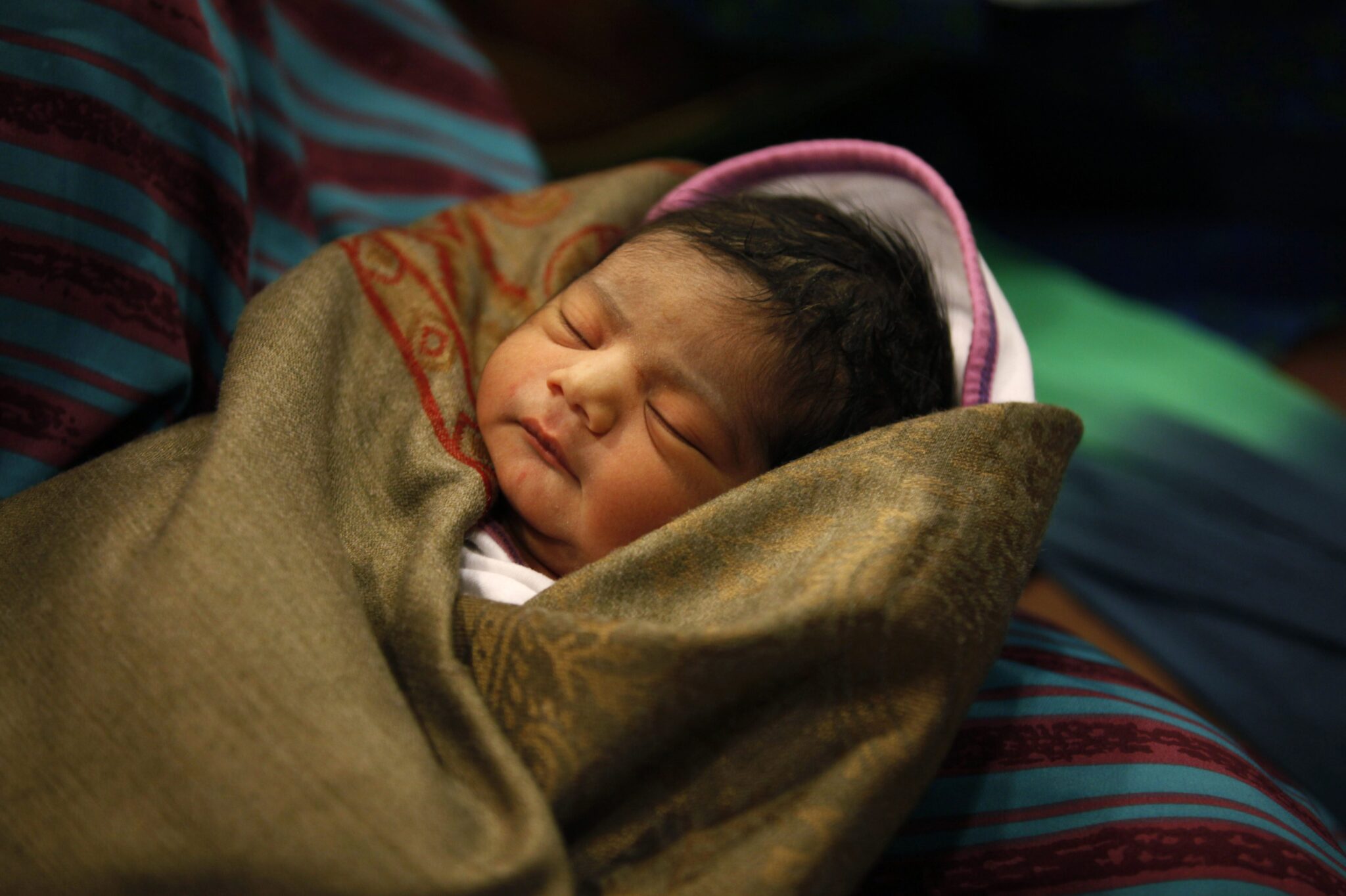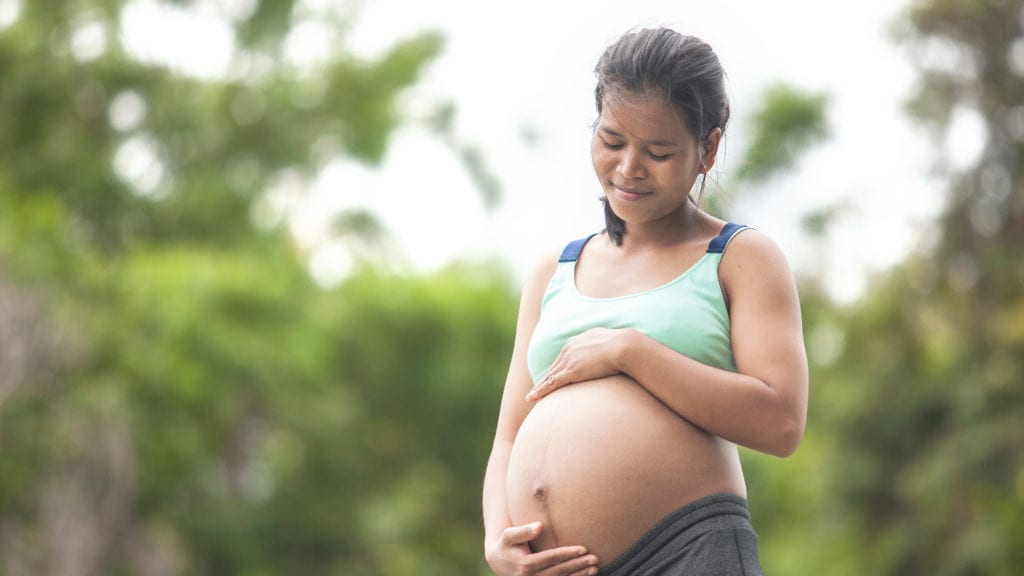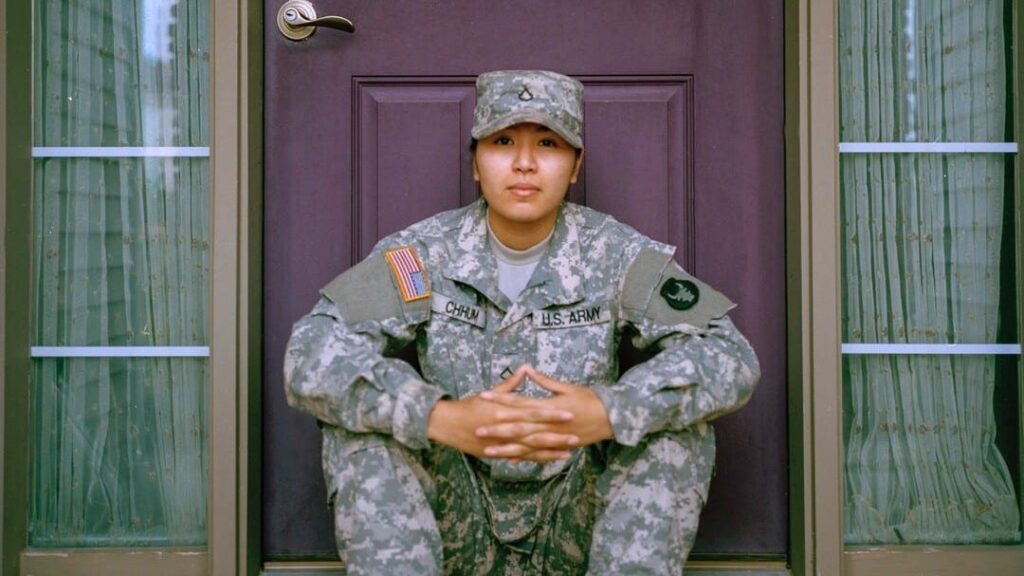Assisted Reproduction
The Center for Reproductive Rights advocates for laws and policies to ensure that individuals seeking to form a family have equitable and non-discriminatory access to assisted reproduction and that the human rights of those impacted are respected, protected, and fulfilled.
Summary
Infertility impacts millions of people and is a globally recognized public health concern. Yet numerous barriers—such as limited information, restrictive laws and policies, stigma, high costs, and more—put infertility care, including in vitro fertilization (IVF), out of reach for many.
Those already facing difficulties accessing health care are particularly impacted, with people of color, low-income people, people with disabilities, and LGBTQ communities receiving treatment at disproportionately low rates.
Issues surrounding assisted reproduction (AR) implicate core human rights—including the rights to health, sexual and reproductive health, decision making about reproductive life (such as if and when to have children), benefit from scientific progress, equality and non-discrimination, and informed consent. To realize these rights, laws and policies should ensure that all people impacted by infertility have access to information and infertility care, including IVF, without discrimination.
The Center’s work on assisted reproduction—including IVF, surrogacy, and embryo and gamete regulations—seeks to destigmatize infertility and ensure equitable access to infertility care.
Since 2021, as a result of the Center’s work, 1.4 billion people have stronger legal protections for assisted reproduction.
–Our Impact
Key Facts
186 million
Women impacted by clinical infertility globally, according to the World Health Organization.
2x
CDC data suggests that Black women are nearly twice as likely to experience clinical infertility than non-Hispanic white women.
30 years
While assisted reproductive technologies have been available for over 30 years, they remain unaffordable and inaccessible for many.
Cases and work
Explore the Center’s recent work advancing access to infertility care.
Laws include some improvements, but gaps remain.
This fact sheet addresses global and U.S. infertility and recommends policies to increase IVF access.
Submission regarding safeguards for the protection of the rights of children born from surrogacy.
Publications and Resources
Ensuring Equitable Access to Infertility Care in the United States
As part of its advocacy to ensure equitable access to infertility care, the Center developed human rights-based guiding principles for proactive laws and policies mandating insurance coverage for infertility care, including IVF. Read more.
Addressing the Criminalization of Surrogacy: OHCHR Submission
Joint advocacy resulting in the CEDAW Committee’s position that women who act as surrogates should not face criminal or administrative sanctions and that laws, regulations, and policies on surrogacy must comply with international human rights standards. Read more.
IVF Access for U.S. Military Servicemembers
This “Serving Those Who Serve” issue brief addresses unique barriers and solutions to accessing IVF services. Read more.
Center Helps Expand Access to IVF in Maryland
Working in partnership with the Women’s Law Center of Maryland, the Center helped to pass a bill that expands access to the treatment in the state. Read more.









